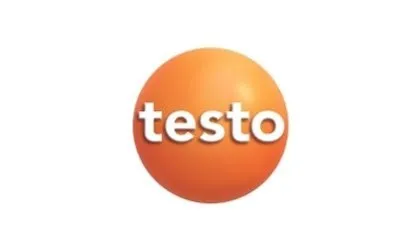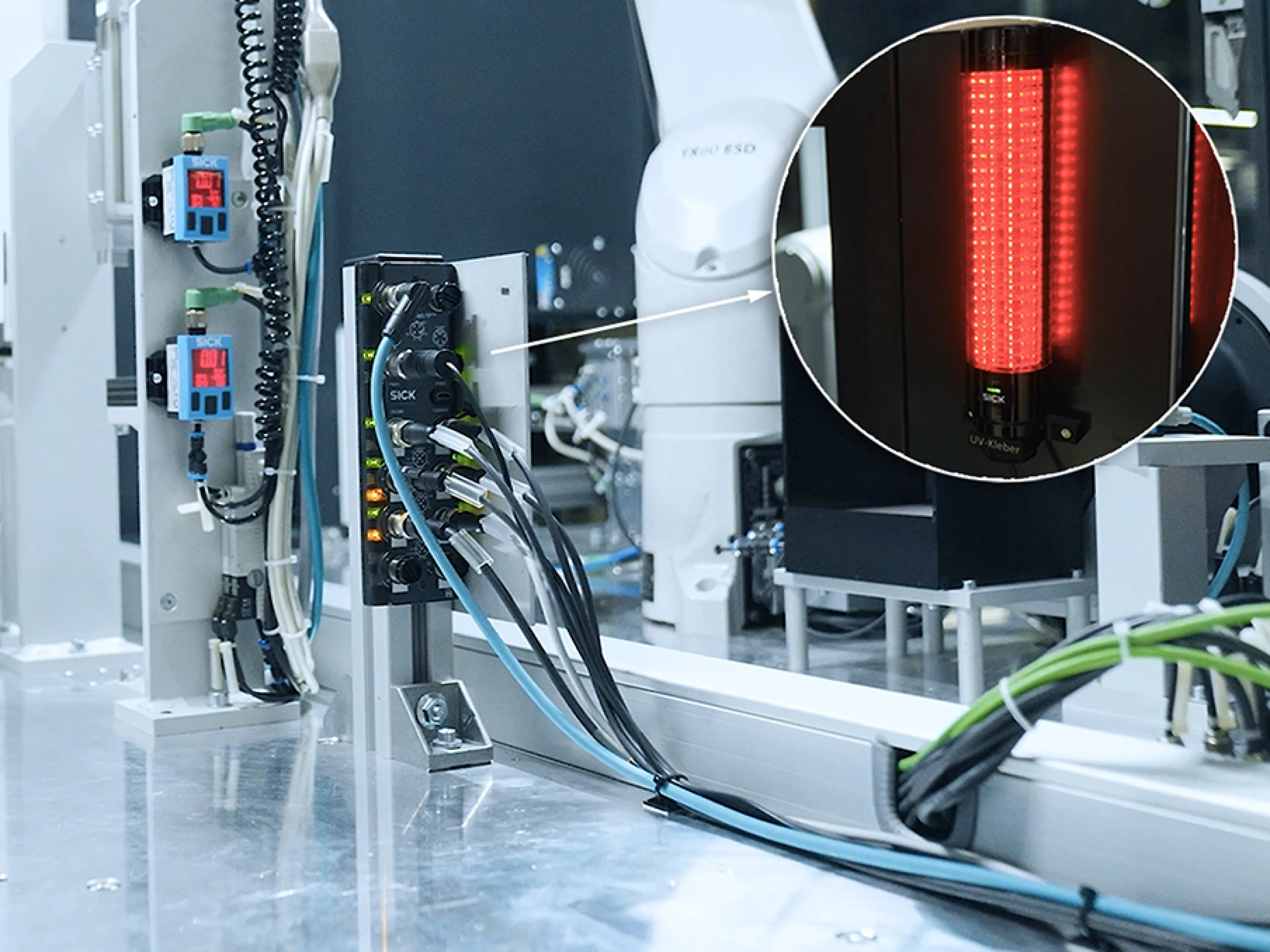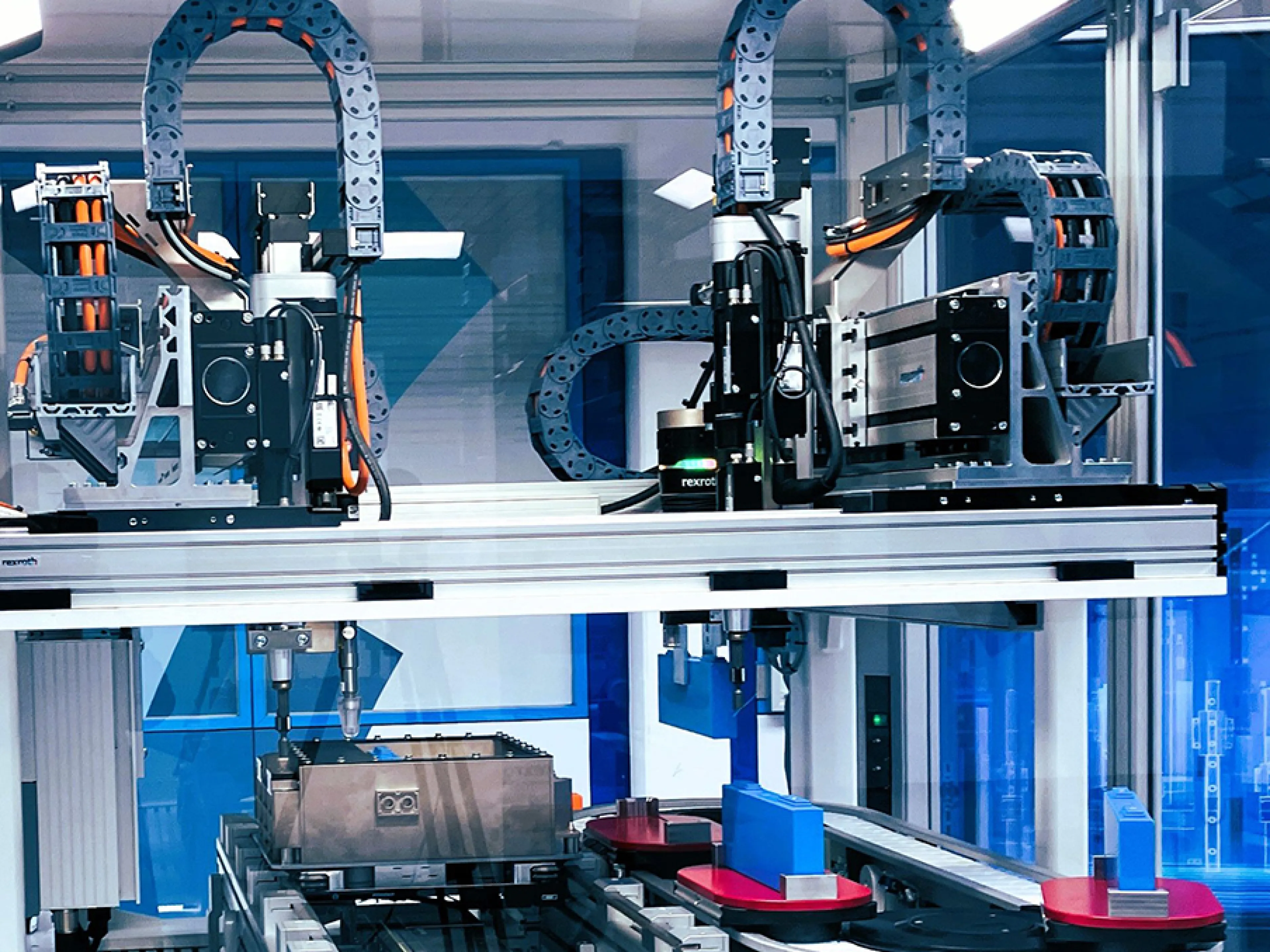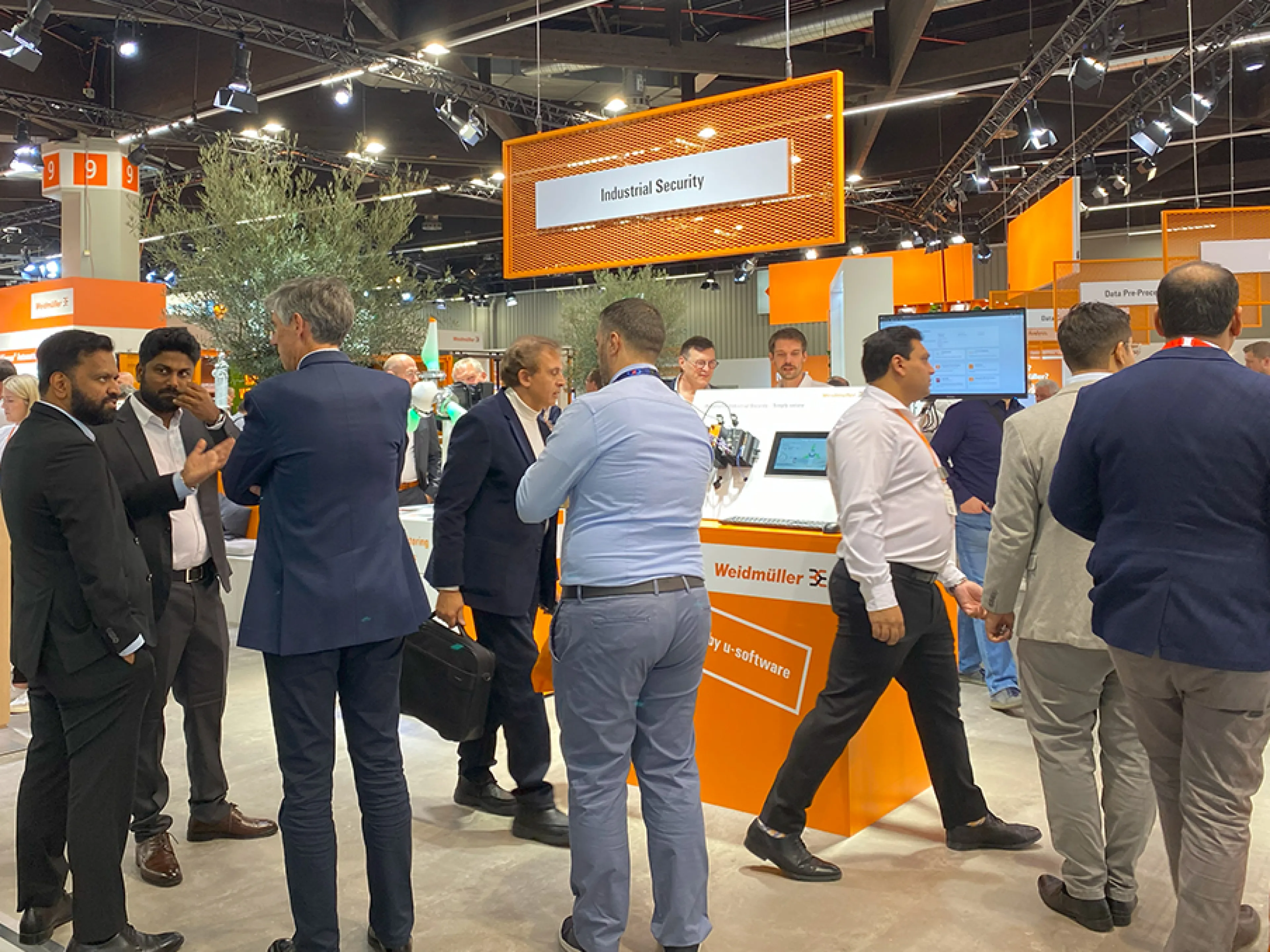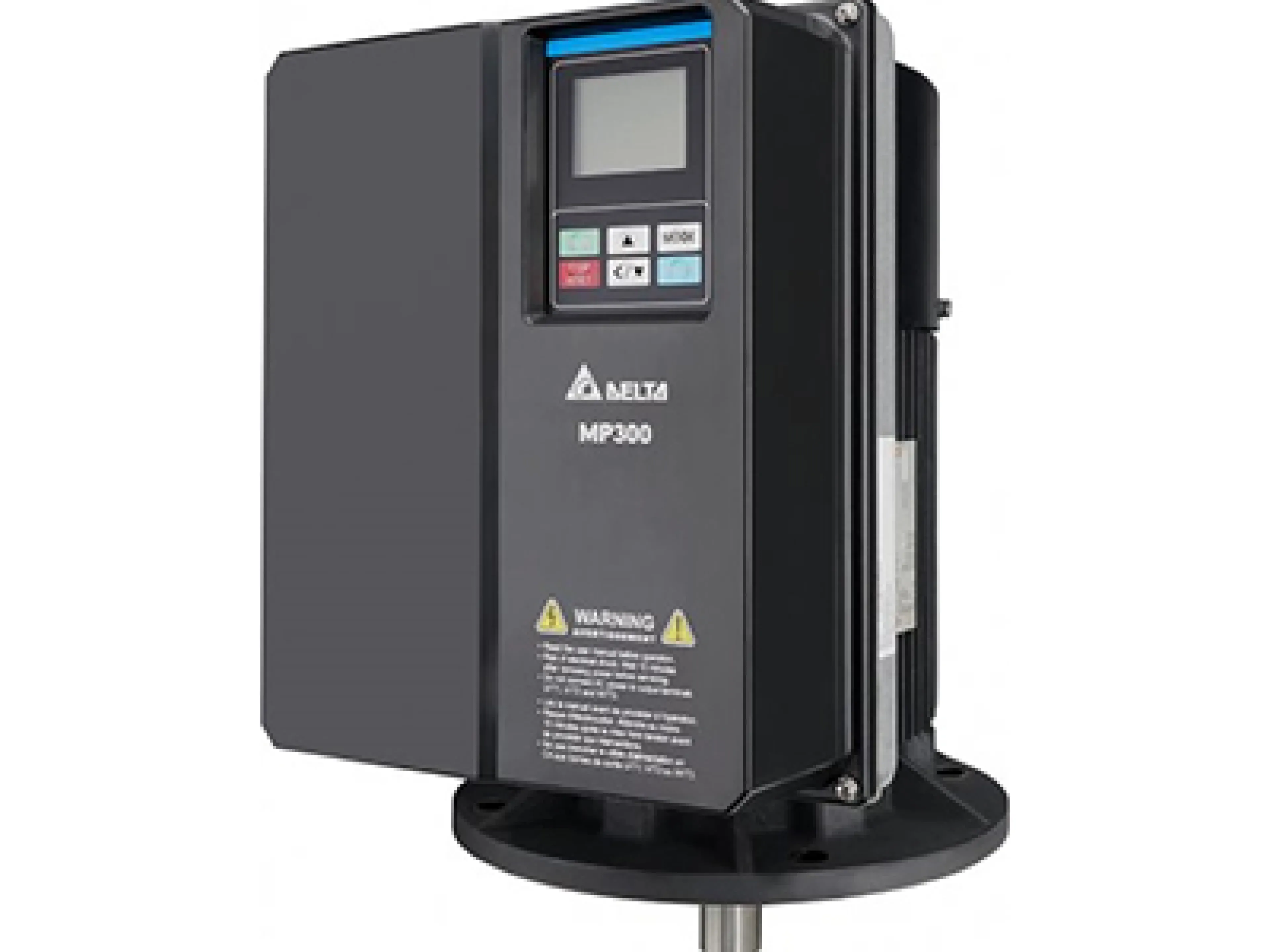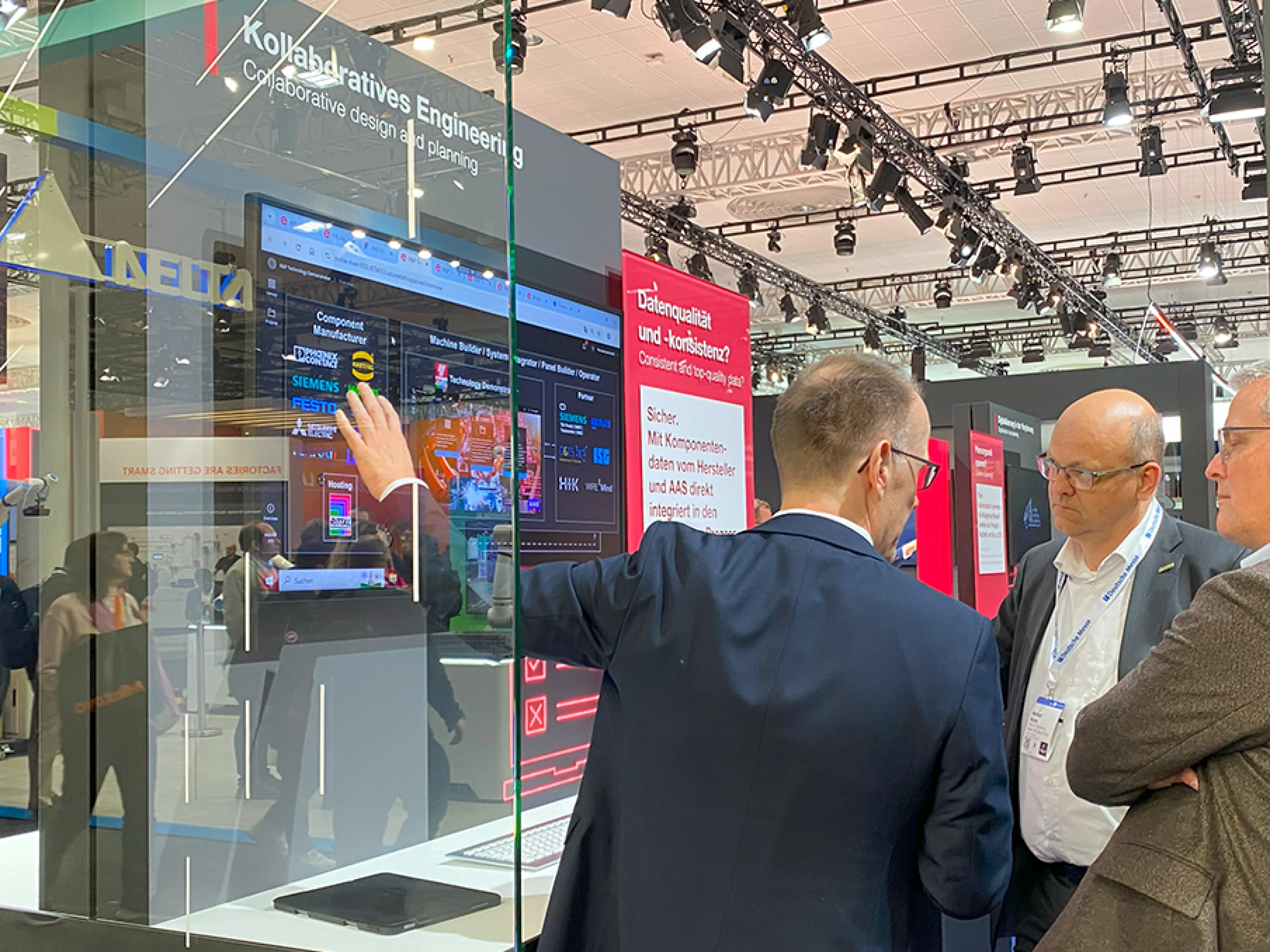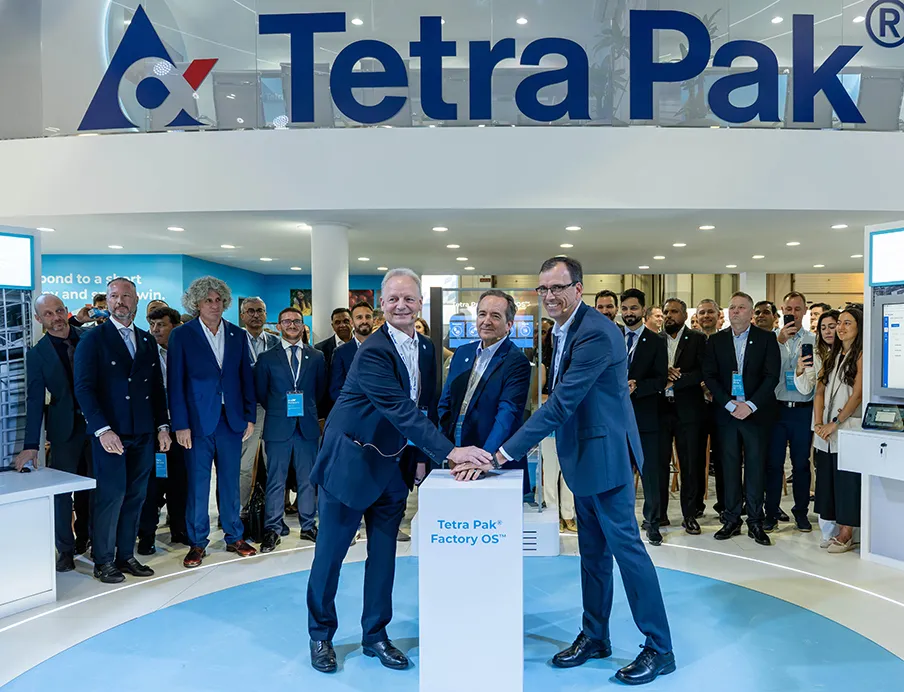
Tetra Pak presented a new portfolio for automation and digitalization at Gulfood Manufacturing in Dubai. With “Factory OS,” the company aims to take food and beverage producers to the next level technologically: a smart factory. The modular approach is designed to enhance both efficiency and sustainability and prepare production environments for the long-term use of artificial intelligence.
Digital integration as the basis for the smart factory
At the heart of the new portfolio is an open data integration platform. It is based on industry standards and enables factory-wide connection of all equipment and systems, regardless of manufacturer or age. This gives production managers a unified view of processes and key performance indicators in real time. This facilitates decision-making, improves equipment availability, and reduces energy consumption at the same time.
Comparative study shows the efficiency potential of a smart factory
A recent comparative study highlights the advantages of highly automated processes in the beverage industry: According to the study, automated plants achieve an average of 20 percent higher overall equipment effectiveness, record 45 percent less product loss, and reduce packaging line downtime by 20 percent. “Factory OS” is designed to enable companies to tap into this potential even without extensive in-house digitalization expertise.
Making production data usable in context
A key feature of “Factory OS” is the linking of real-time data with context-related analysis. This combination forms the basis for AI applications and data-based optimizations. Digital applications continuously monitor material flows, quality, utilization, and plant performance. A uniform user interface also ensures consistent operation across lines, machines, and control rooms.
Smart Factory: Scalability for any size of operation
The system was specifically designed for scalability and flexibility. Companies can introduce individual modules step by step and adapt them individually to their existing infrastructure. This means that even companies with a lower level of digitization can benefit from the advantages, a step toward future-proof production.
Expertise in food production
The system was developed in collaboration with Accenture and technology partners such as Siemens, Rockwell Automation, and Inductive Automation. However, according to the provider, its own long-standing expertise in food and beverage production is crucial for its suitability for the industry.
Automation as a response to resource pressure
Sean Sims, Vice President of Automation & Solutions at Tetra Pak, explains: "Today, food and beverage producers are under enormous pressure. They must deliver more with fewer resources, less water, less energy, less waste, all while maintaining quality and reducing costs. “Our next-generation portfolio transforms complexity into clarity. By combining contextualised data, the foundation of effective AI adoption, with high performing equipment automation, Tetra Pak Factory OS gives food and beverage producers the confidence to act decisively in an increasingly volatile market."
Perspective on the production environment of the future
Charles Brand, Executive Vice President Processing Solutions & Equipment at Tetra Pak, also emphasizes the strategic claim: “Tetra Pak Factory OS ️is more than a technology portfolio. It embodies our vision for the future of food and beverage manufacturing. Designed for the next decade and beyond, it enables producers to build the factory of the future, where resilience, efficiency and sustainability go hand in hand.”
